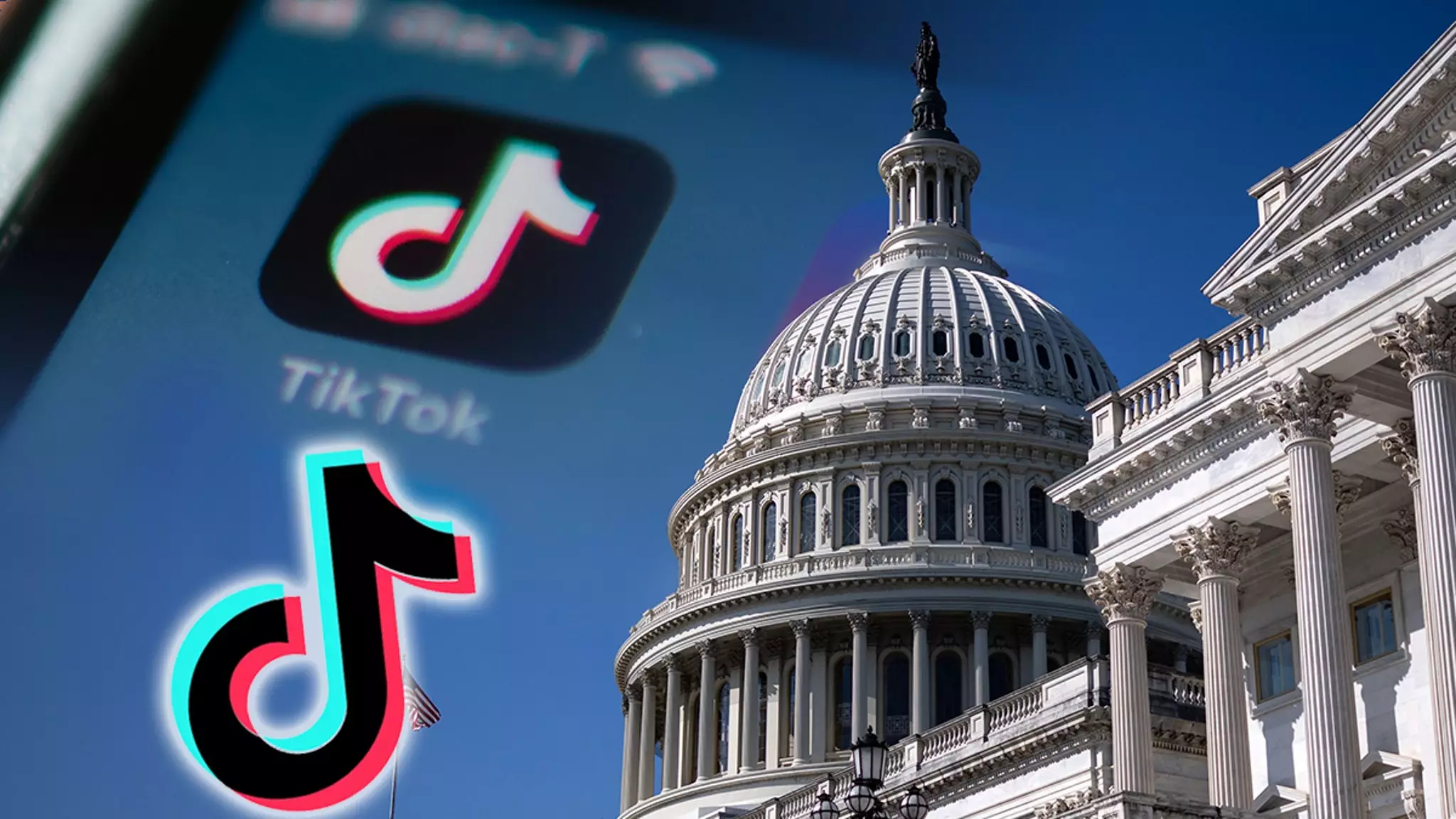The landscape of social media has witnessed seismic shifts in recent years, with TikTok emerging as a dominant platform, particularly among younger demographics. However, this success has not come without its challenges, particularly concerning security concerns voiced by U.S. officials regarding the app’s ties to China. The situation reached a pivotal point when President-elect Donald Trump announced intentions to issue an executive order aimed at overturning a looming ban. His recent actions have thrown the platform’s future into a brighter light, especially for its vast user base of over 170 million Americans.
TikTok’s Response to Ban and Political Developments
On the heels of Trump’s announcement, TikTok activated a public relations campaign to express gratitude to its users for their patience during the turbulence. The company emphasized its commitment to maintaining operations in the U.S. and recognized the president-elect’s role in facilitating its revival. This moment undoubtedly highlights the geopolitical dynamics at play, stressing the app’s significance not only as a platform for entertainment but also as a critical avenue for economic growth, particularly for small businesses that extensively utilize the app for marketing and advertising.
In a statement released shortly after the announcement, TikTok reiterated their focus on collaboration with U.S. authorities to secure a sustainable operational framework in the United States. This reflects a broader trend where tech companies seek to align with governmental interests while navigating the complex issues of national security.
Trump’s support for TikTok has not been without contention. The suggestion that the U.S. may acquire a significant stake in the app has broad economic implications—potentially altering the dynamics of ownership and control. Such a move would aim to alleviate national security concerns but raises questions about the viability of American companies taking a lead role in foreign-owned applications. The proposal has sparked debates regarding protectionism versus globalization in an increasingly interconnected digital economy.
Additionally, while the promise of an executive order may provide temporary relief for influencers and content creators on the app, uncertainty lingers regarding its long-term sustainability. The executive order, and its authority to enforce an extension of the ban pause, could ultimately lead to intricate legal and operational challenges, as the finer details of national security legislation come into play.
As the U.S. moves towards tackling the complexities surrounding TikTok, attention will remain fixed on both the presidential administration and the platform’s corporate strategies. The potential realignment of app ownership raises pivotal questions about the intersection of technology and governance in a global context. With millions of content creators depending on TikTok for their livelihoods, the stakes are high. Users will be watching closely as developments unfold, hoping for a resolution that provides clarity, continuity, and assurance of their digital space amid an evolving regulatory landscape.
Ultimately, the discussions around TikTok’s existence in America underscore a crucial juncture in how social media is regulated and seen by the state. What remains clear is that the forthcoming weeks and months will shape not only the future of TikTok but potentially set precedents for how digital platforms will navigate the turbulent waters of international politics and economic strategy in the digital era.

